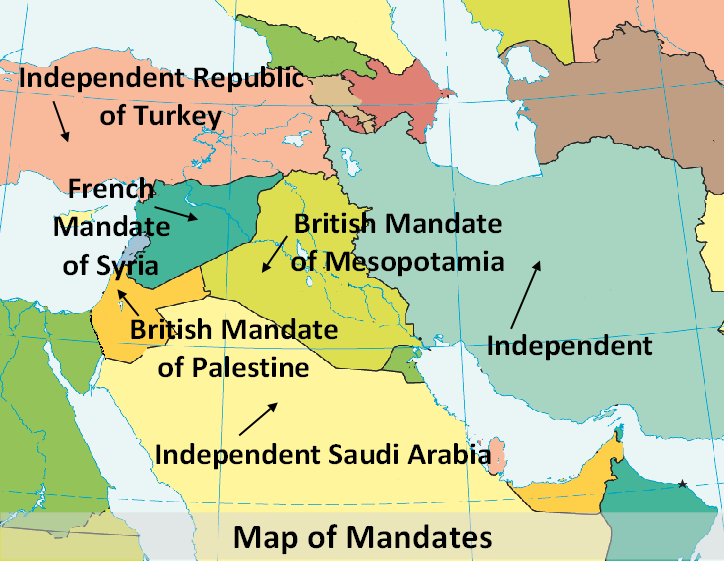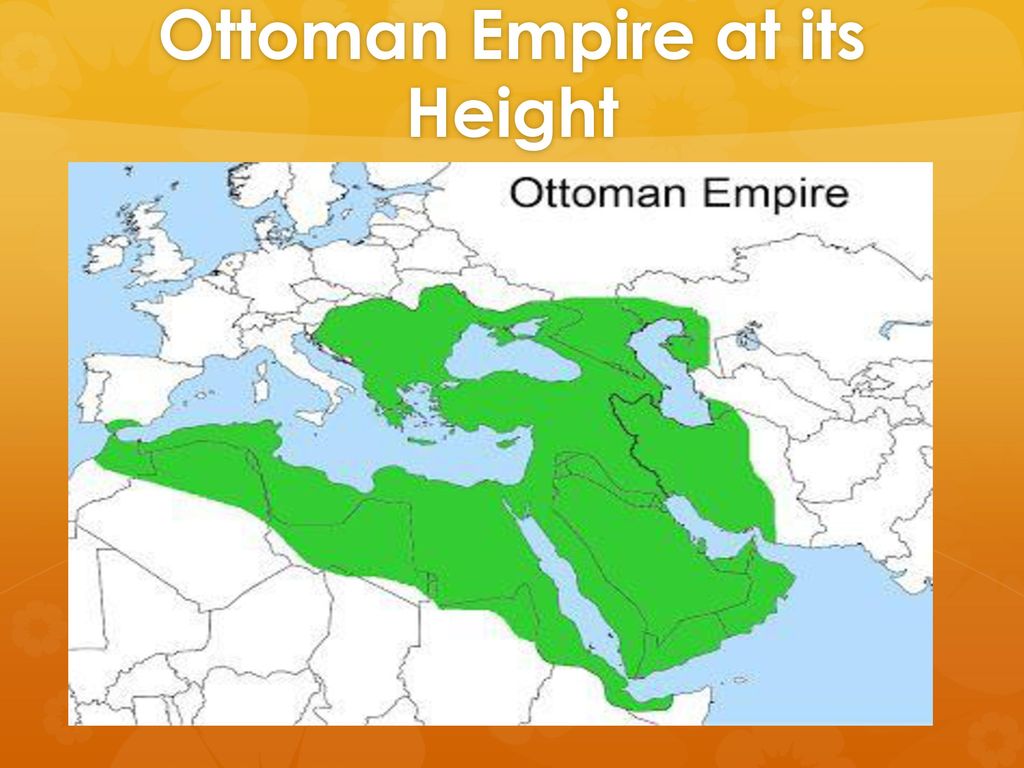Sixth Vial - Euphrates dried up
Vial - God's Judgement on the Papacy (Second Beast)
Revelation 16:12 - And the sixth angel poured out his vial upon the great river Euphrates; and the water thereof was dried up, that the way of the kings of the east might be prepared.
Revelation 9:14 - saying to the sixth angel who had the trumpet, Release the four angels who are bound at the great river Euphrates.
Jeremiah 50:38 - A drought is against her (Babylon) waters, and they will be dried up. For it is the land of carved images, And they are insane with their idols.
Jeremiah 51:36 - Therefore thus says the Lord: Behold, I will plead your case and take vengeance for you. I will dry up her (Babylon) sea and make her springs dry.
Revelation 17:15 - Then he said to me, The waters which you saw, where the harlot sits, are peoples, multitudes, nations, and tongues.
The drying up of the Euphrates flood under the sixth vial had long been understood to refer to the weakeing of the Ottoman Empire (Turkey), which according to prophecy, was to follow the Judgements of the French Revolution.
The initial date of the modern drying up, or exhaustion of the Turkish Empire, was that of the Greek Insurrection in 1821. A formidable insurrection against the Turkish power began in Greece, which quickly spread to Wallachia, Moldavia, and the Aegean Isles. In 1826 Turkey was obliged to surrender to Russia all its fortresses in Asia.
In 1832 Turkey was brought to the verge of dissolution in consequence of the successful rebellion of the powerful Pasha of Egypt, Muhammad Ali. He attacked and conquered Syria, and defeated the Turkish armies in three great battles, and he would have taken Constantinople had not the western nations intervened.
The defeat and dissolution of the Ottoman Empire (1908–1922) began with the Second Constitutional Era, a moment of hope and promise established with the Young Turk Revolution. Profiting from the civil strife, Austria-Hungary officially annexed Bosnia and Herzegovina in 1908.



Despite military reforms which reconstituted the Ottoman Modern Army, the Empire lost its North African territories and the Dodecanese in the Italo-Turkish War (1911) and almost all of its European territories in the Balkan Wars (1912–1913). The Empire faced continuous unrest in the years leading up to World War I, including the Ottoman countercoup of 1909, the 31 March Incident and two further coups in 1912 and 1913.
The Arab Revolt which began in 1916 turned the tide against the Ottomans on the Middle Eastern front, where they initially seemed to have the upper hand during the first two years of the war. The occupation of Constantinople and İzmir led to the establishment of a Turkish national movement, which won the Turkish War of Independence (1919–22) under the leadership of Mustafa Kemal.
The sultanate was abolished on 1 November 1922, and the last sultan, Mehmed VI (reigned 1918–1922), left the country on 17 November 1922. The caliphate was abolished on 3 March 1924.

The Partition of the Ottoman Empire (1918 – 1922) was a political event that occurred after World War I and the occupation of Constantinople by British, French and Italian troops in November 1918. The partitioning was planned in several agreements made by the Allied Powers early in the course of World War I, notably the Sykes-Picot Agreement. As world war loomed, the Ottoman Empire sought protection but was rejected by Britain, France, and Russia, and finally formed the Ottoman–German Alliance.
The huge conglomeration of territories and peoples that formerly comprised the Ottoman Empire was divided into several new states. The Ottoman Empire had been the leading Islamic state in geopolitical, cultural and ideological terms.
The Partitioning of the Ottoman Empire led to the rise in the Middle East of Western powers such as Britain and France and brought the creation of the modern Arab world and the Republic of Turkey. Resistance to the influence of these powers came from the Turkish national movement but did not become widespread in the post-Ottoman states until after World War II.